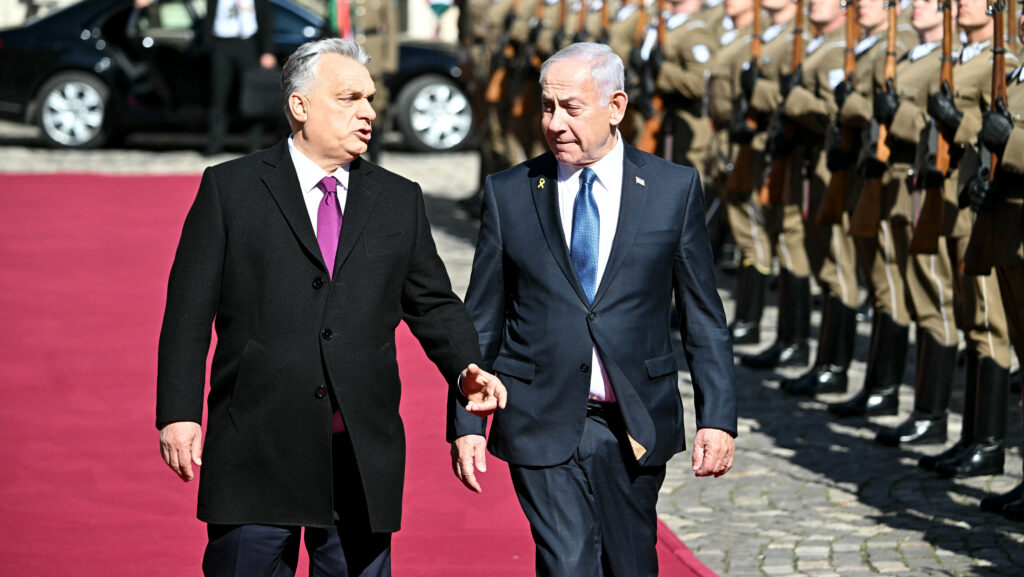
Hungary is withdrawing from the International Criminal Court, following years of scepticism toward it. The announcement coincided with the arrival of Israeli Prime Minister Benjamin Netanyahu in Budapest for talks with his Hungarian counterpart, Viktor Orbán.
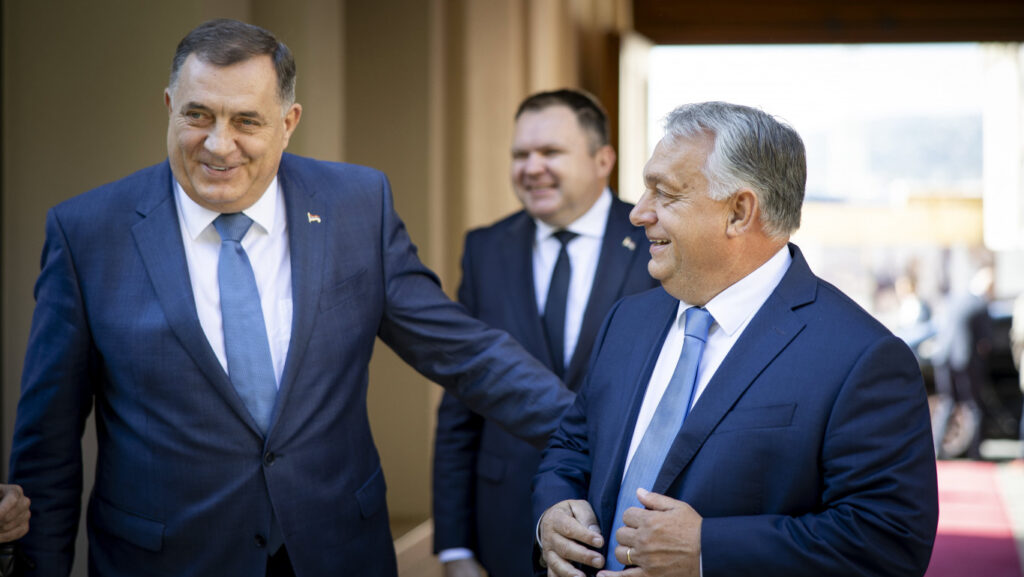
Interpol has dropped the international arrest warrant for President of Republika Srpska Milorad Dodik, which had been requested by the Court of Bosnia and Herzegovina. Dodik welcomed the decision, stating that Interpol is ‘not at the service of Sarajevo’, and expressed his gratitude to Hungarian Prime Minister Viktor Orbán for his support.
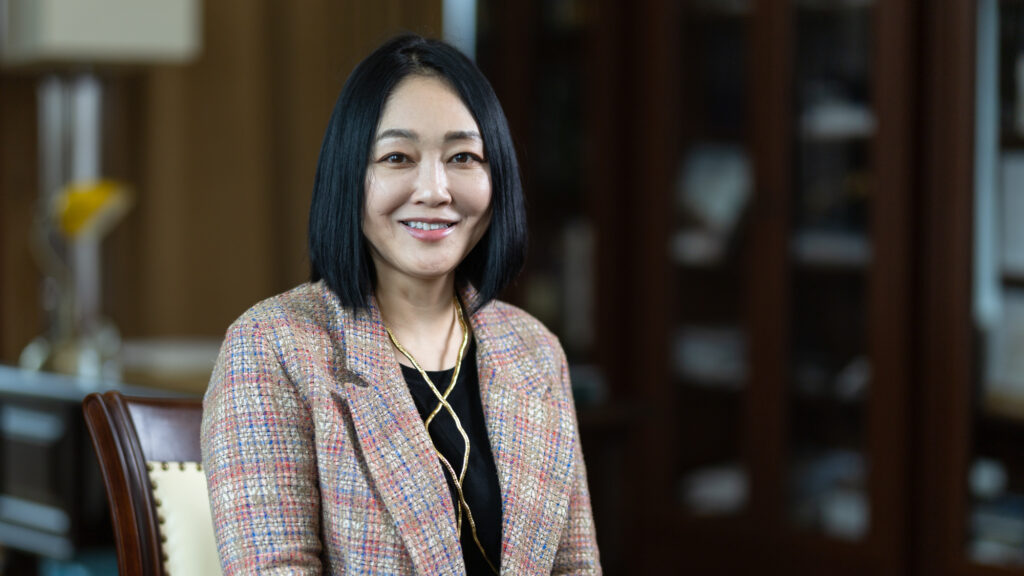
‘When I come to Hungary, I’m always amazed by how many young people are in important positions or leading organizations. That’s rare in Japan, where seniority and relationships established over decades is prioritized youth, talent and expertise. Japanese society doesn’t value young people enough,’ Japanese journalist Waka Ikeda pointed out in an interview with Hungarian Conservative.
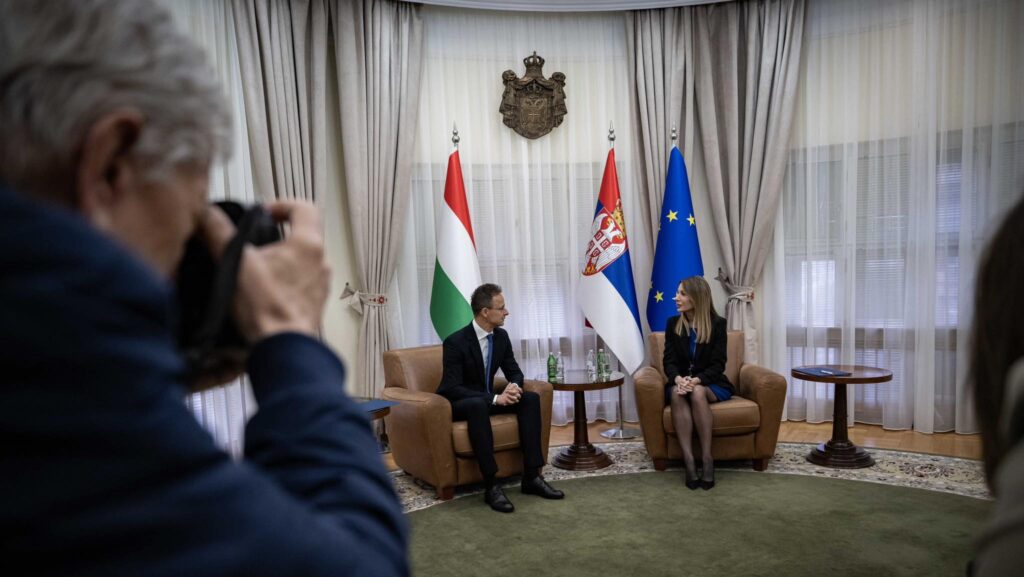
Amid growing uncertainty in regional energy supply, Hungary and Serbia have decided to take matters into their own hands by constructing a joint oil pipeline connecting the two countries. According to Hungarian Minister for Foreign Affairs and Trade Péter Szijjártó, the investment is valued at approximately $350 million.
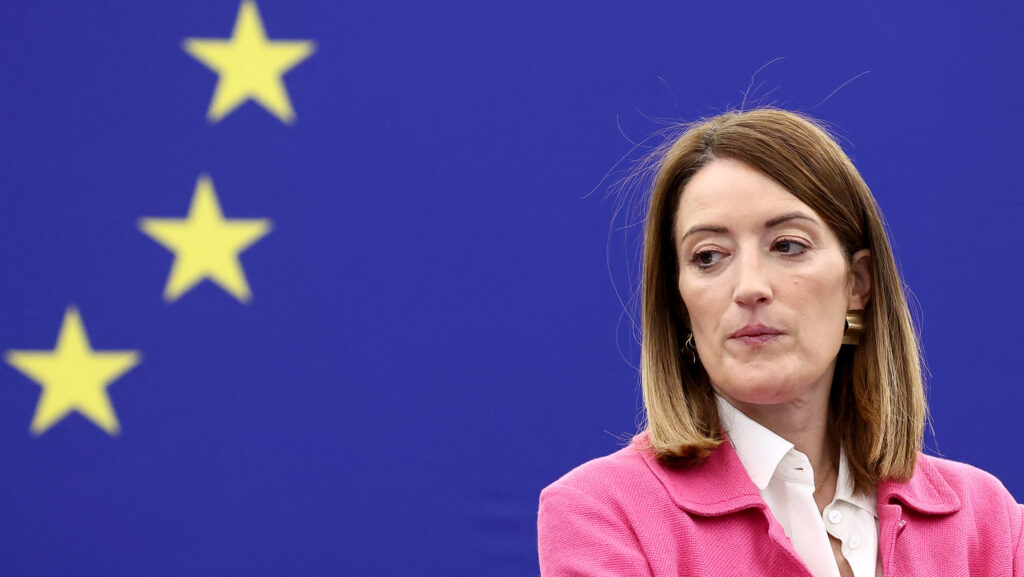
The European Parliament is set to debate Hungary’s new legislative package, which includes amendments to the law on the right of assembly—labelled by progressives as a ‘Pride ban’—as well as stricter regulations on foreign-funded NGOs and media outlets. However, as democratic as it is, the EP has ‘forgotten’ to invite Hungary to participate in or respond during the debate.
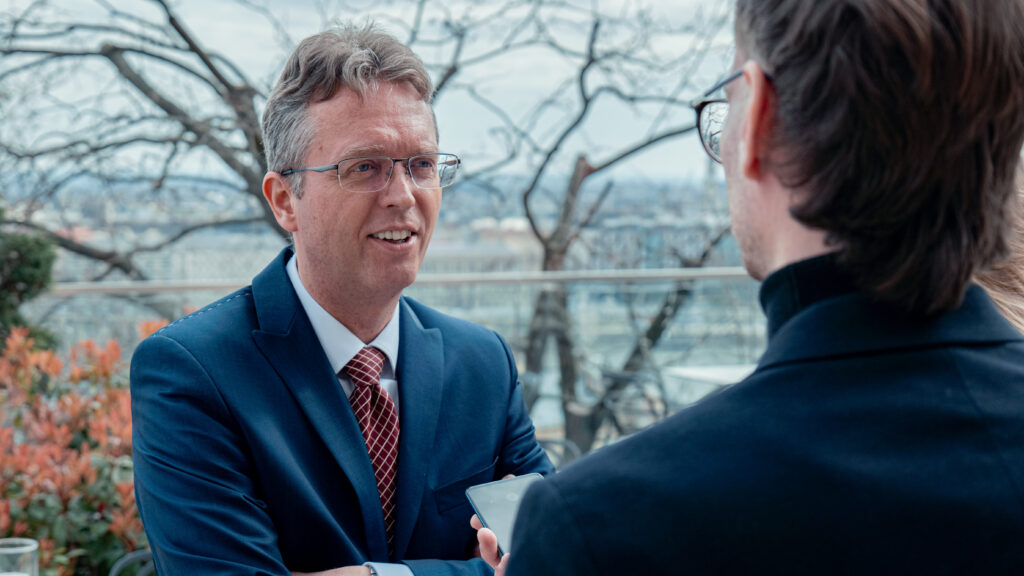
‘Those countries that are thinking about their future are looking to Hungarian family policy as a model. The fundamental pillars of Hungarian family policy are the protection of family values and the financial support for families raising children,’ Minister for Culture and Innovation Balázs Hankó highlighted in an interview with Hungarian Conservative.

Media reports have emerged alleging that Hungary has appealed against Interpol’s arrest warrant for Milorad Dodik. Serbia—a close ally of both Hungary and Republika Srpska—also lodged a complaint, arguing that the red notice issued on 28 March violates Article 3 of Interpol’s Statute.
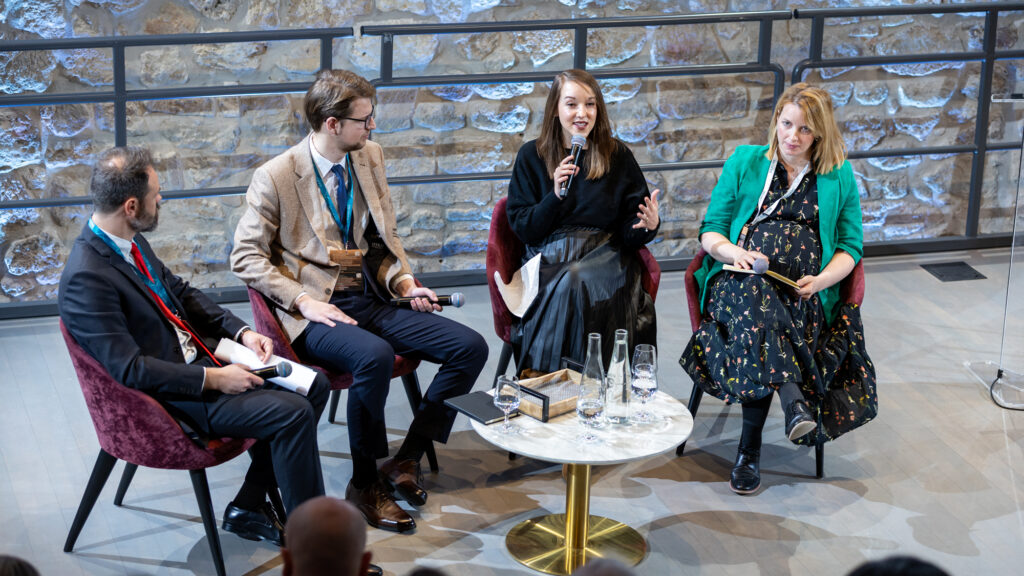
The Danube Institute’s two-day conference on family formation and demographic decline continued with a panel discussion comparing Hungarian and American policies and perspectives on the issue. Participants agreed that the West faces a civilizational crisis but expressed hope in the Trump administration’s shift—led by Vice President JD Vance—toward a pro-family approach.
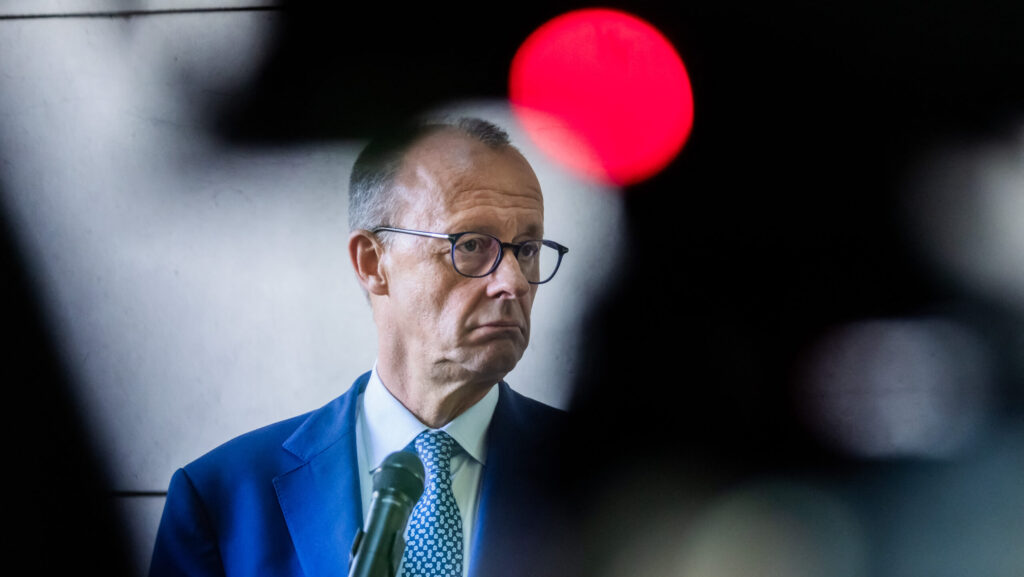
According to POLITICO, Germany’s incoming government plans to call on the European Union to withhold funds and suspend voting rights from member states deemed to be ‘misbehaving’. The news fits into a broader, coordinated campaign by pro-war forces seeking to sideline Hungary—the only country currently standing in the way of the EU’s potential escalation into open conflict with Russia.
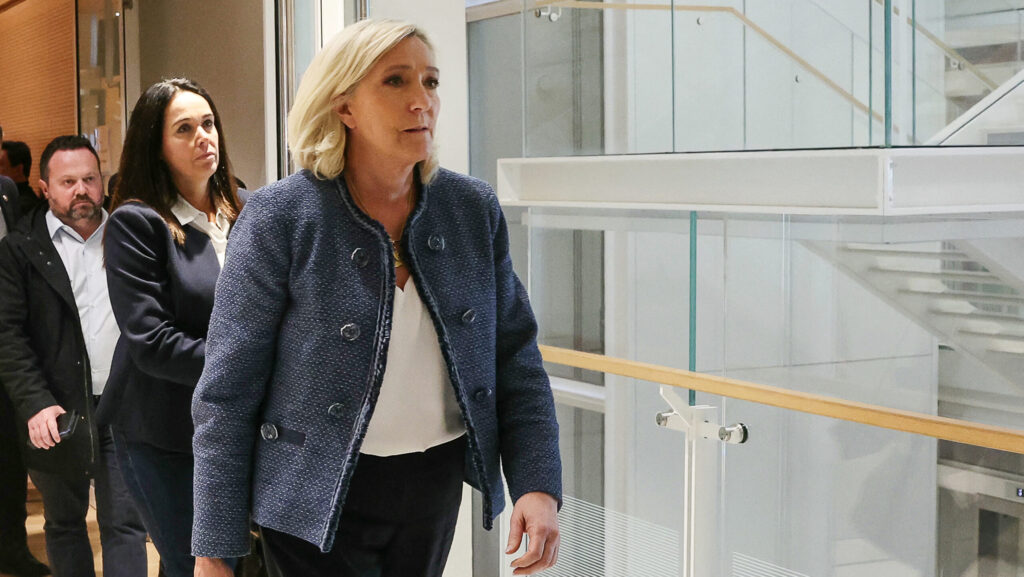
French right-wing leader Marine Le Pen was found guilty on Monday of embezzling European Parliament funds and barred from standing in elections for the next five years. Hungarian Prime Minister Viktor Orbán, along with other prominent figures of the European right, expressed solidarity with Le Pen and condemned the conviction.
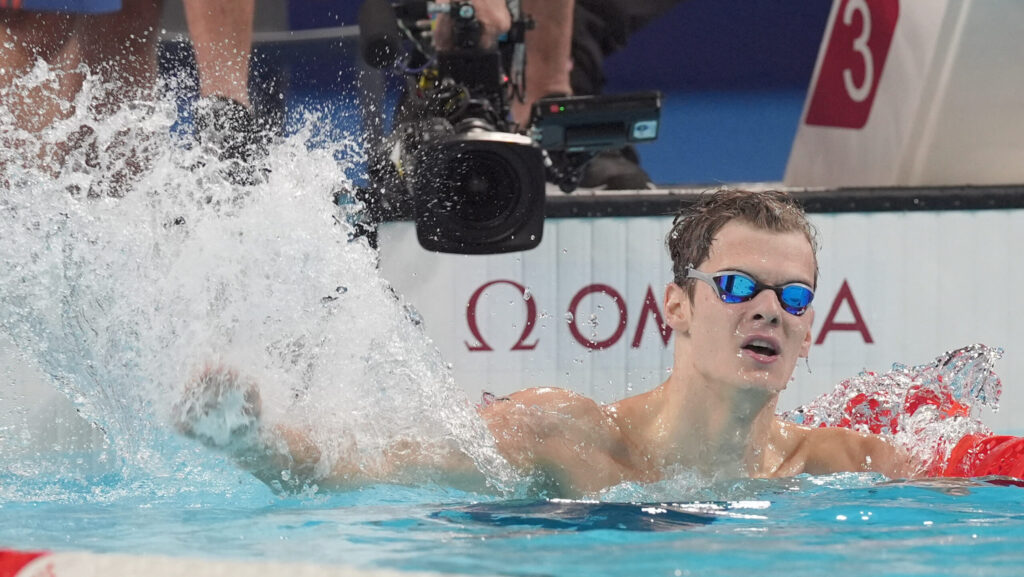
Hungary’s rising swimming stars shone at the NCAA finals in Washington. Hubert Kós stormed to three gold medals, including a world-record-breaking swim, and helped the University of Texas secure the NCAA team title. Zalán Sárkány retained his title in the 1650-yard freestyle, while Minna Ábrahám broke her school record in the women’s 200-yard event.
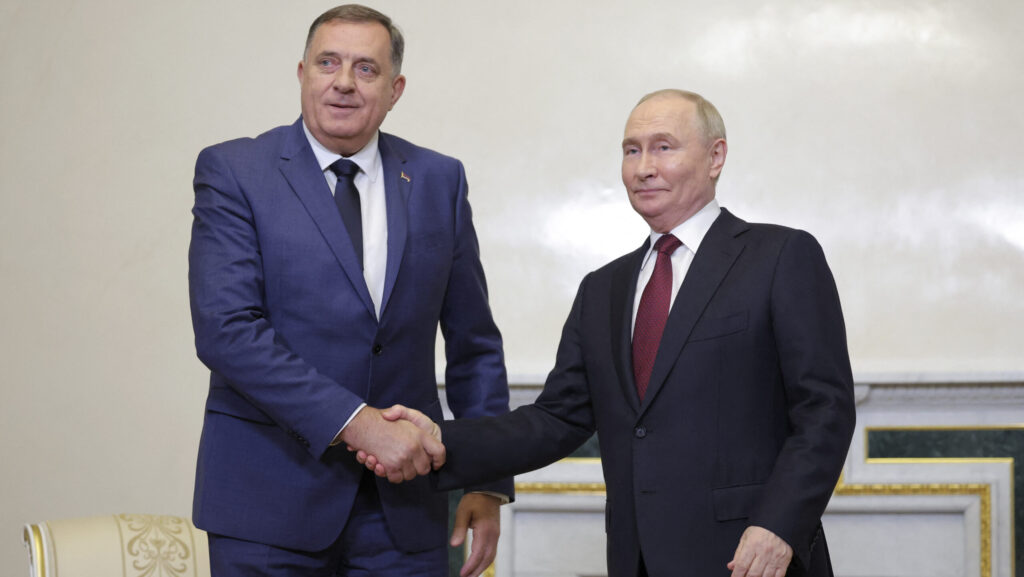
According to local media reports, President of Republika Srpska Milorad Dodik is currently in Moscow, where he is scheduled to meet Russian President Vladimir Putin on Tuesday. Interpol issued a ‘red notice’ for Dodik after he left Bosnia and Herzegovina despite an active federal arrest warrant, having visited Serbia and Israel in the past week.
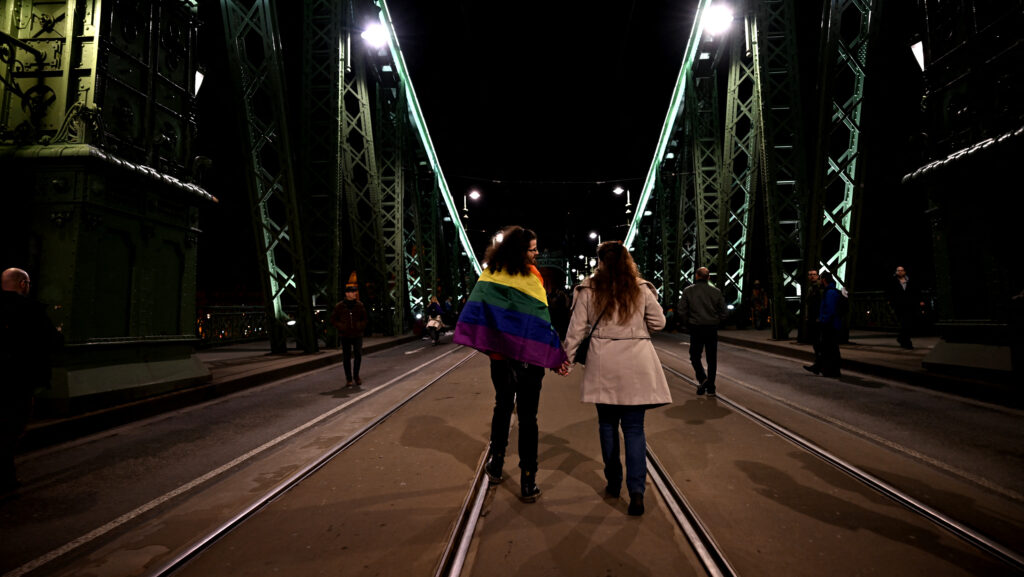
Budapest witnessed rare protests in recent days, as demonstrators rallied against what they describe as a ‘Pride-ban’—an amendment to the law on the right of assembly, which imposes stricter conditions on mass events that violate the child protection law. Among the speakers was the infamous German MEP Daniel Freund, who effectively admitted that Brussels has been working for years to oust Viktor Orbán’s government, with the current demonstrations being no exception.
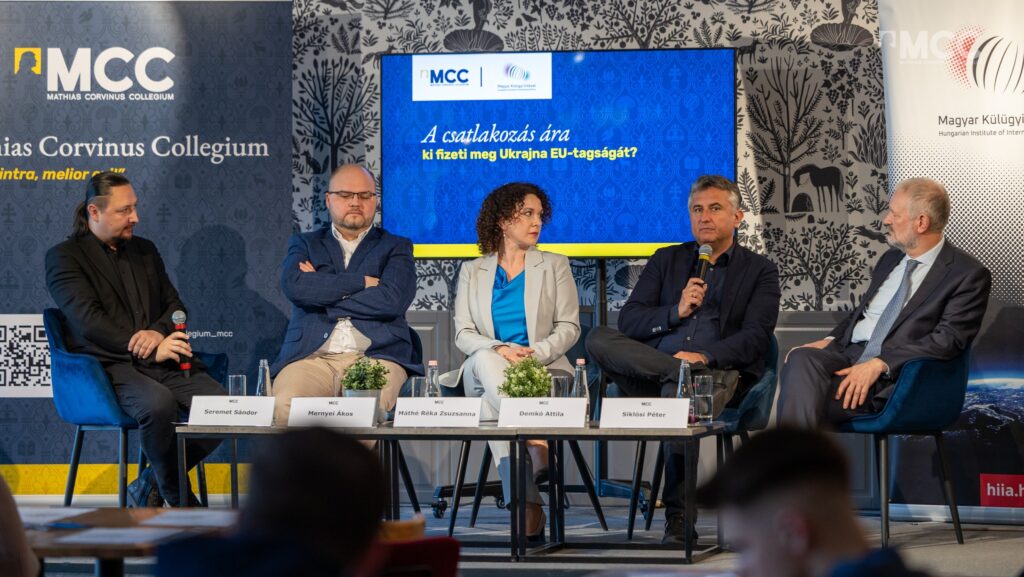
The Hungarian Institute of International Affairs presented its comprehensive study on the potential consequences of fast-tracking Ukraine’s accession to the European Union at a panel discussion organized by Mathias Corvinus Collegium. Experts agreed that the EU must identify alternative means of supporting Ukraine’s stabilization and long-term development beyond full membership.
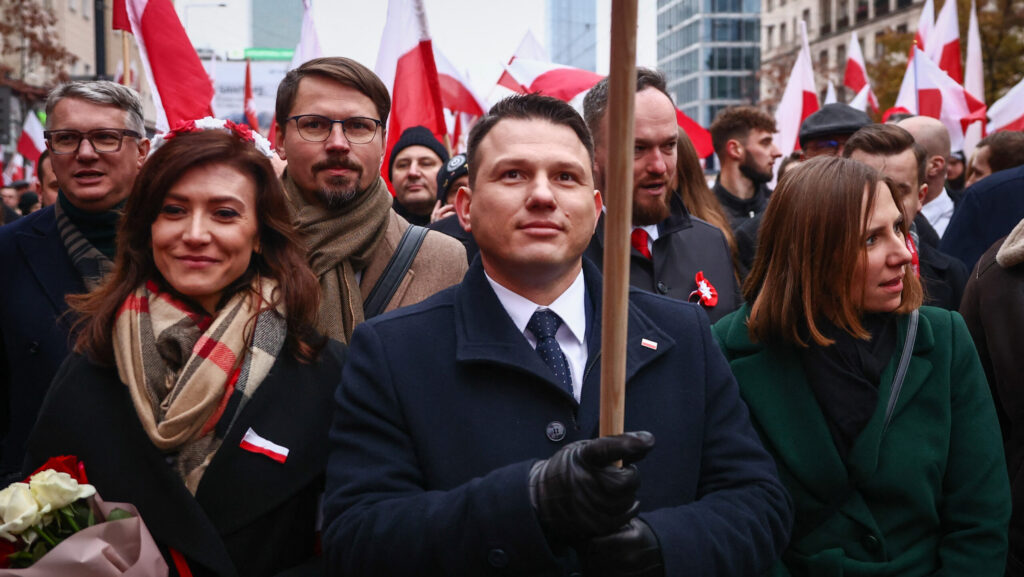
Poles increasingly view support for Ukraine as a burden on the nation, with public sentiment shifting rapidly in a negative direction. This is clearly reflected in the rising popularity of Sławomir Mentzen, the presidential candidate of the right-wing Konfederacja, who is firmly opposed to the war and to unconditional support for Kyiv.

Four US soldiers stationed in Lithuania went missing on Tuesday during a training exercise near the Lithuanian–Belarusian border. On Wednesday NATO Secretary General Mark Rutte claimed that the troops had been killed; however, the US Army and the Lithuanian Armed Forces stated that the search is still ongoing.

Released on the Lunar New Year, the Chinese animated movie Ne Zha 2 has become a true success story. The film recently broke into the ranks of the global box office elite, surpassing Star Wars: The Force Awakens, and is now on the verge of sinking James Cameron’s Titanic.
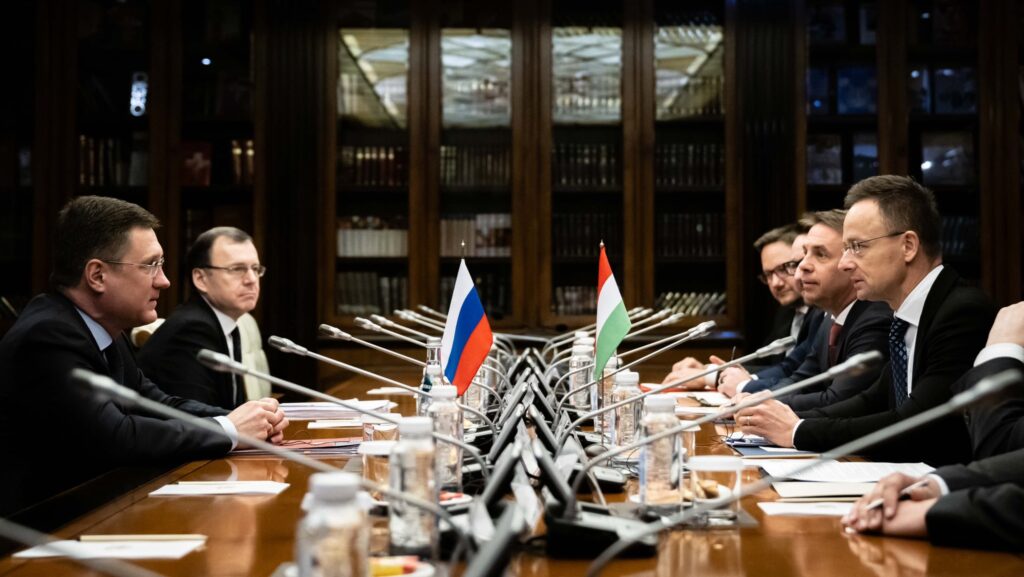
Since the outbreak of the war in Ukraine, Hungary’s energy security has faced constant and varied threats—from strikes on Russian gas pipelines to the suspension of transit through Ukraine. However, if the current ceasefire agreement is implemented effectively, Budapest could finally experience stability in this regard.
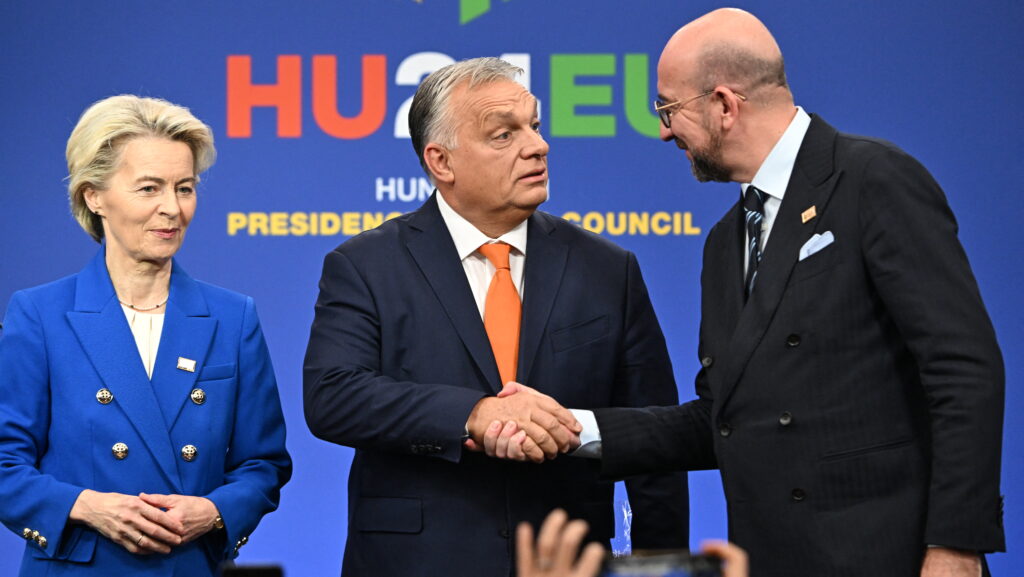
‘To suggest swapping Hungary for Ukraine simply because the Hungarian government does not fall in line on critical issues and instead maintains a consistent, principled position is not only impossible but reckless. It would trigger a series of developments that could ultimately lead to the EU’s collapse—a risk that already looms large.’
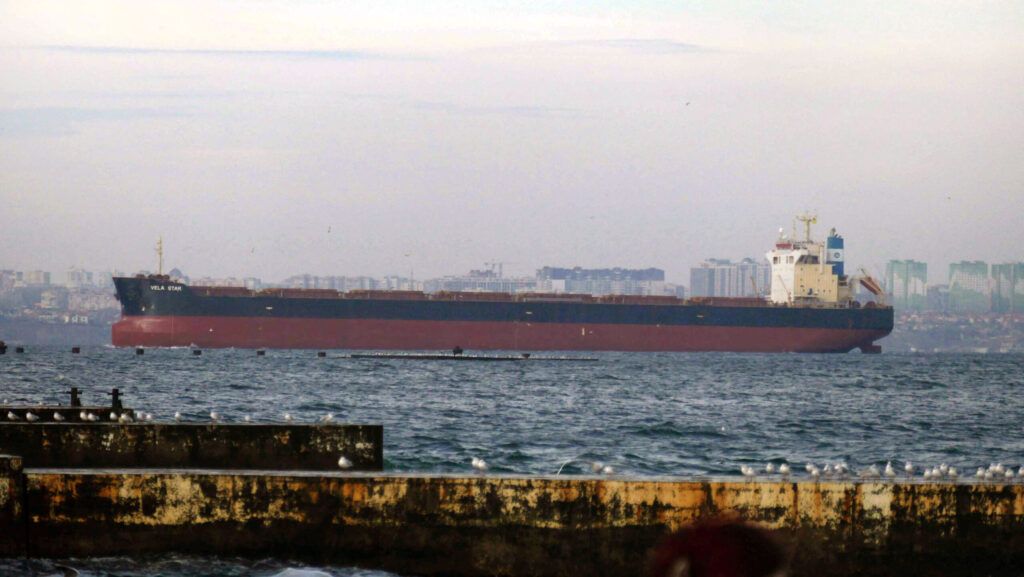
After the second round of peace talks in Saudi Arabia, Washington announced that Russia and Ukraine had agreed to a ceasefire in the Black Sea and on each other’s energy infrastructure. If upheld, the deal could mark the first concrete step toward a broader truce.
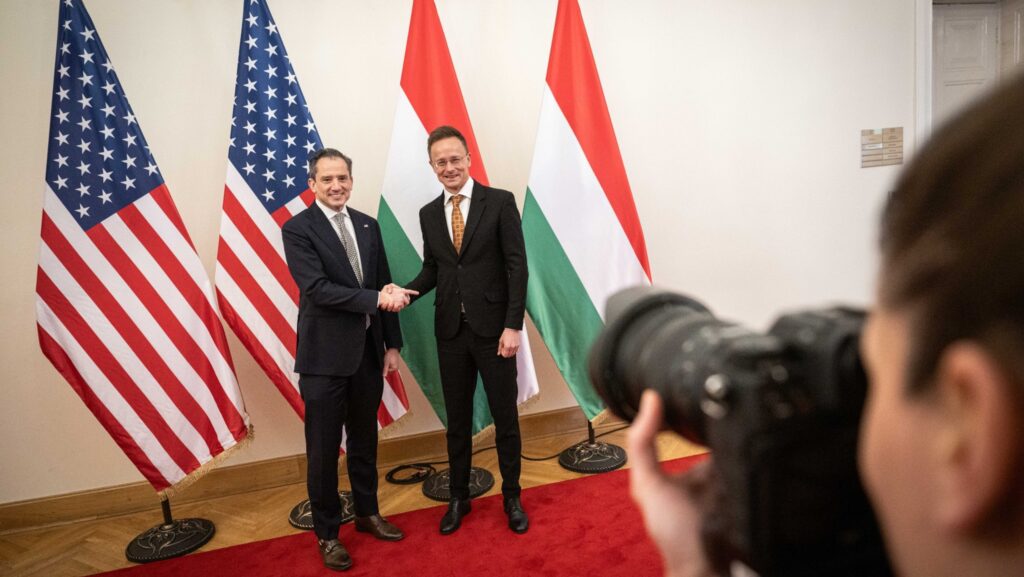
US Chargé d’Affaires ad interim Robert Palladino appears determined to restore US–Hungary relations following the turbulent tenure of his predecessor, David Pressman. The senior American diplomat began the week with high-level bilateral meetings—first with Hungarian Minister of Foreign Affairs and Trade Péter Szijjártó, followed by political director to the Hungarian Prime Minister Balázs Orbán.
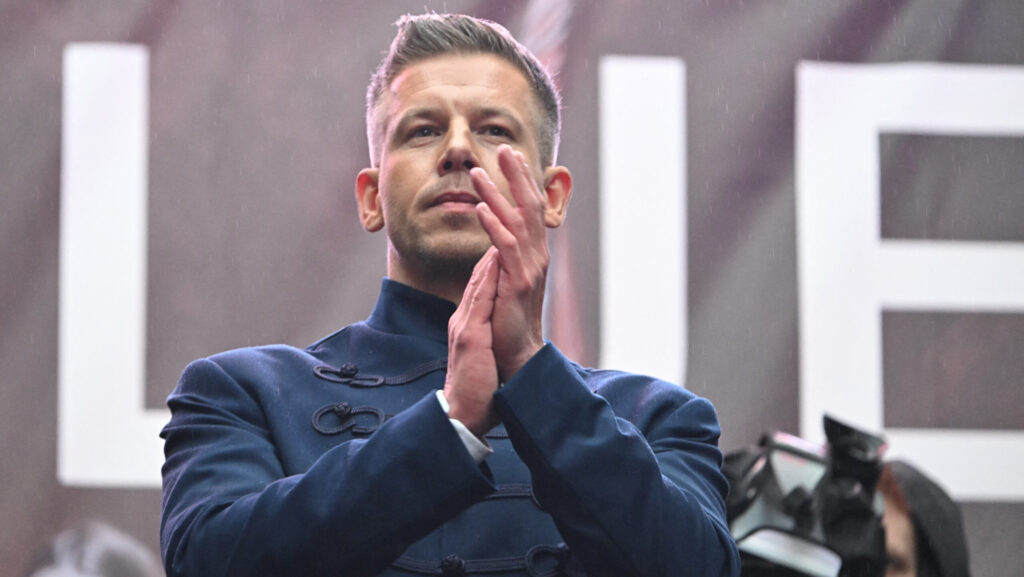
German outlet Deutsche Welle has published an interview with Hungarian opposition leader Péter Magyar which, in essence, serves as a propaganda piece. The questions appear crafted to be favourable from the outset, while crucial details about Magyar’s political trajectory—both before and after his rise—are conveniently omitted. Our takeaways follow.
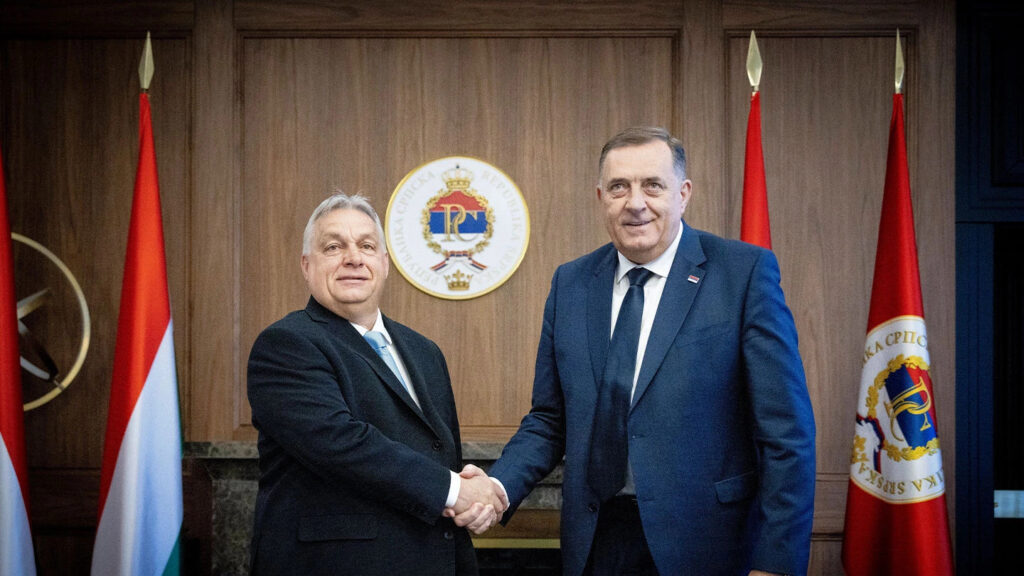
As tensions rise in Bosnia and Herzegovina, European lawmakers are urging EU foreign policy chief Kaja Kallas to impose sanctions on Republika Srpska President Milorad Dodik. However, one of the 28 signatories of the letter sent to Kallas, Slovenian MEP Irena Joveva, expressed concern that such efforts could be blocked at the European Council level by Dodik’s long-time ally, Viktor Orbán.
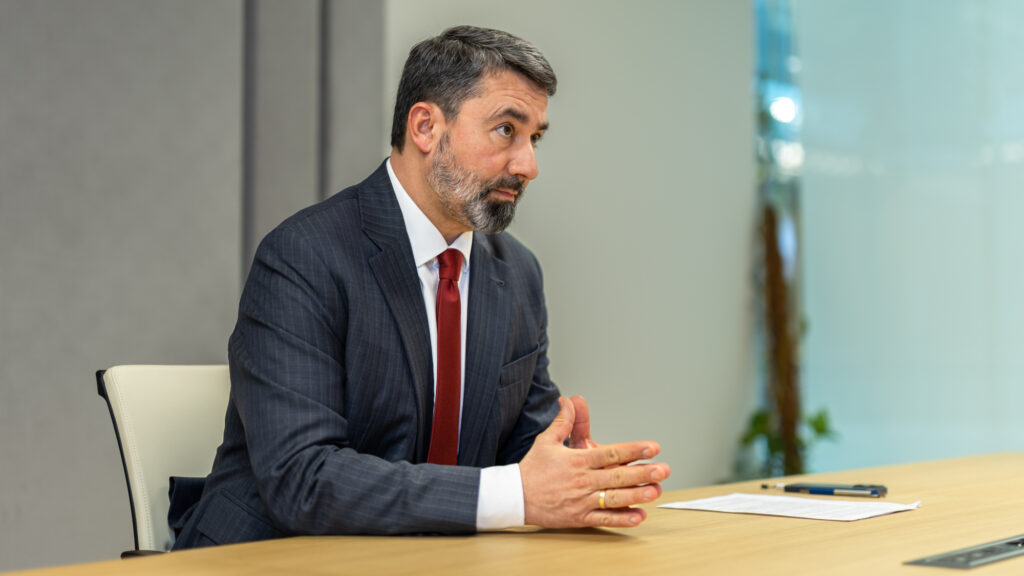
‘If Brussels clings to this policy [on Ukraine], Europe will further weaken itself and become increasingly irrelevant on the global stage,’ State Secretary of the Cabinet Office of the Prime Minister Balázs Hidvéghi warned in an interview with Hungarian Conservative.

Zsolt Zsólyomi, a 26-year-old Hungarian national charged with second-degree murder in Miami, Florida, could become the first person executed under a new immigration bill signed by Governor Ron DeSantis on 13 February. According to local authorities, Zsólyomi, who had been on immigration enforcement’s radar for overstaying his visa, murdered two elderly men in the Miami area.
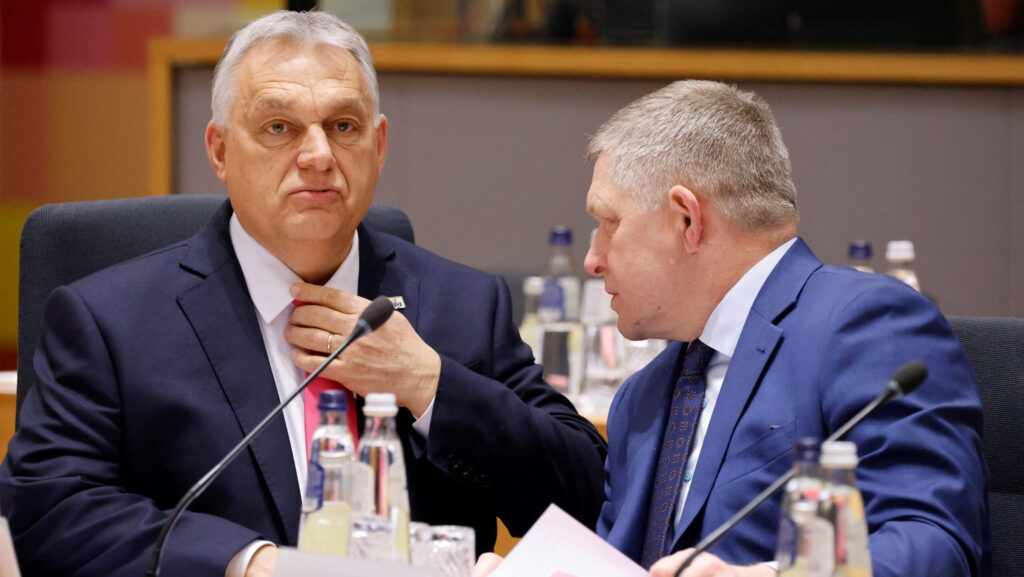
Hungarian Prime Minister Viktor Orbán vetoed a joint conclusion on Ukraine during Thursday’s EU summit, for the second time in March. He stated that he will continue to block every EU position on Ukraine until the results of Hungary’s public vote on Kyiv’s EU membership are known.
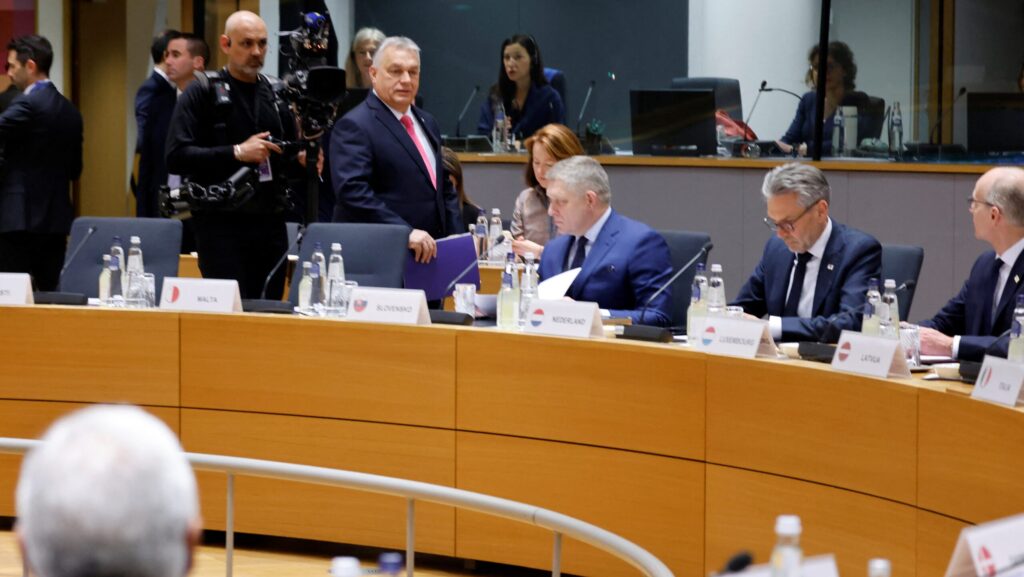
On his way to Thursday’s EU summit, Hungarian Prime Minister Viktor Orbán stated in an interview that the European Union lacks the strength to impose its vision on the war in Ukraine. ‘The EU is isolated,’ he added, emphasizing that Brussels stands alone on the global stage with its pro-war stance.
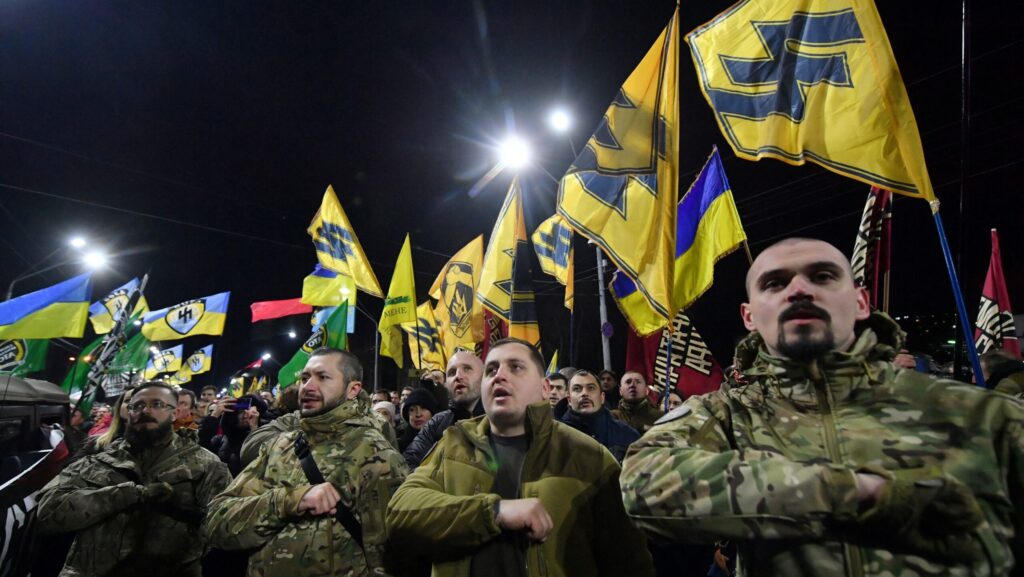
Alan J Kuperman, in a rare opinion piece published by The Hill, breaks with the Western narrative on the causes of the war in Ukraine, acknowledging that Donald Trump is right about most of the factors behind the conflict. This ultimately means Hungary was right as well, as the Hungarian government’s position on the war closely aligns with that of the US president.
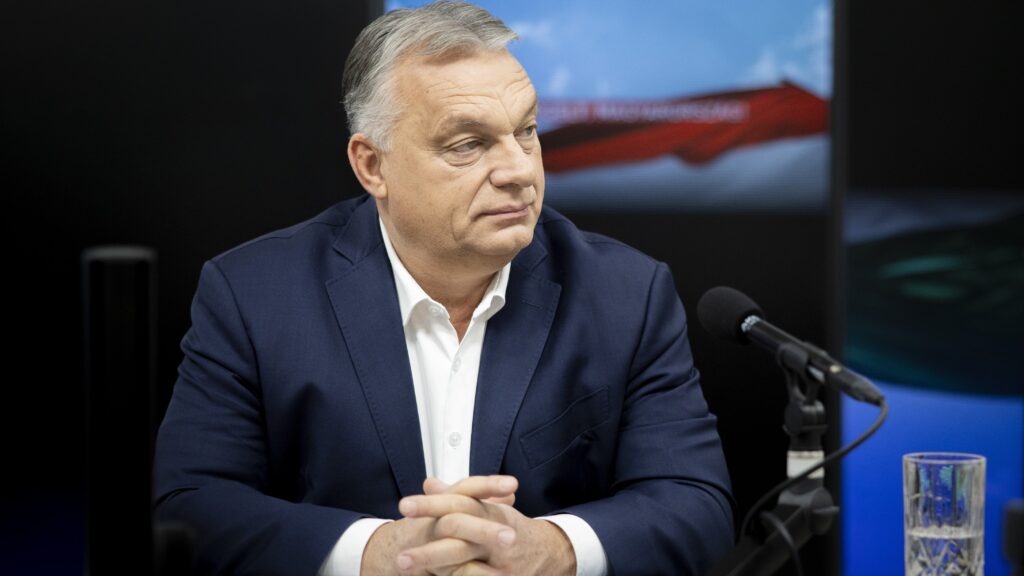
In a recent video posted on X, Hungarian Prime Minister Viktor Orbán outlined the financial burden the war in Ukraine has placed on Hungary and estimated the annual cost per household if Kyiv were to join the European Union. He urged Hungarians to make their voices heard, referring to the public vote initiated by the government on Ukraine’s EU accession.
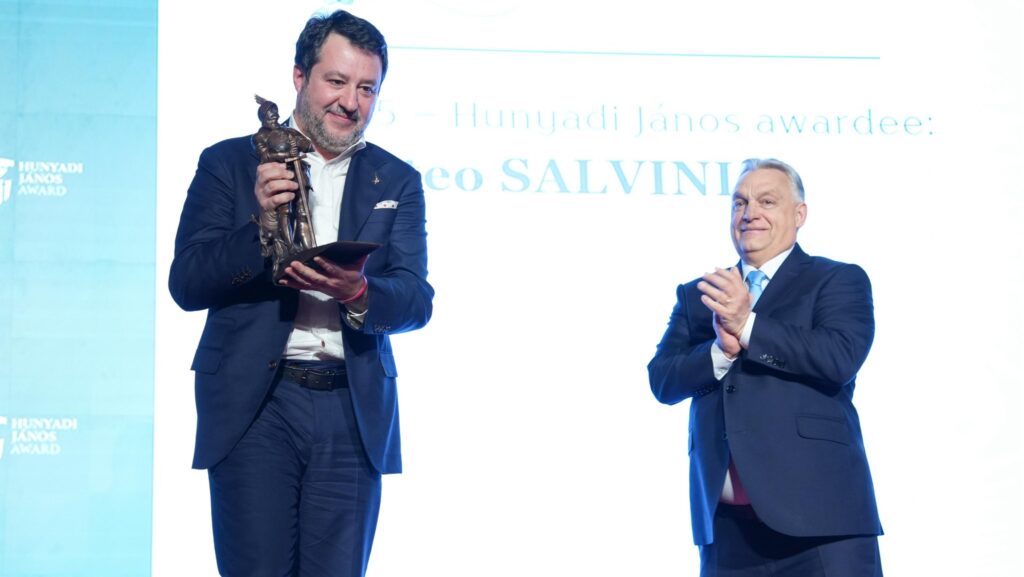
Italian Deputy Prime Minister Matteo Salvini was awarded the Hunyadi János Award by the Foundation for a Civic Hungary on Wednesday, with the honour presented by Hungarian prime minister Viktor Orbán. In his speech at the ceremony in Brussels, Orbán urged patriotic forces to reclaim the sovereignty of nation-states, which he argued had been illegally confiscated by the European Union in recent years.